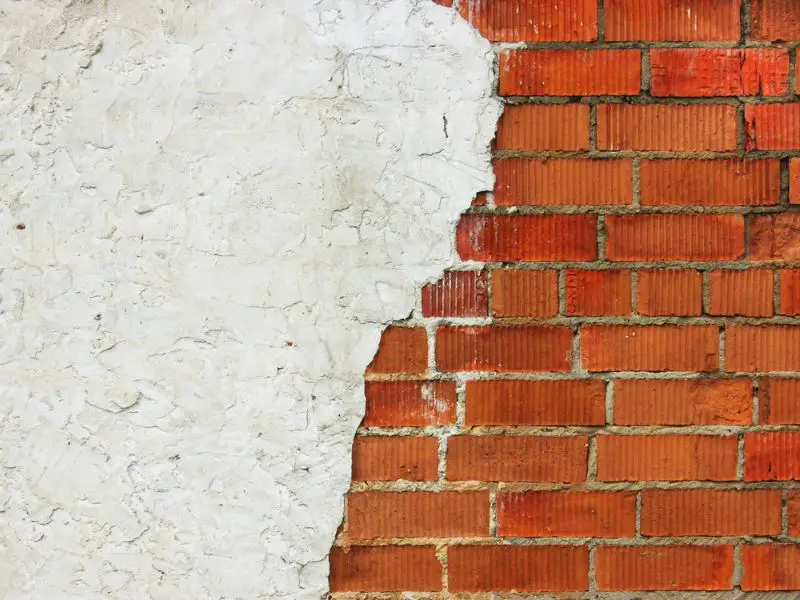Click here to get this post in PDF

Whether you’re a house flipper on the lookout for your next project or a real estate investor looking to make a handsome profit, buying a fixer-upper is an art that for some can take years to perfect.
Real estate professionals who are new to house flipping often end up making the mistake of either overpaying for a rundown home or miscalculating renovation costs, which costs them dearly in the months to come. Whether you’re a newbie in the field or a seasoned home flipper who could use a quick primer on how to spot a bad deal, here are three tips that will help you figure out if investment in a fixer-upper is doomed from the start.
Structural problems
You can ignore a lot of minor issues when buying a decrepit property, but if the very structure of the house is faulty, you’d be making a mistake by investing in it. The smaller issues such as broken doors, time-worn cabinets and faulty plumbing can be fixed with a comprehensive repair job, but if there are problems with the property’s foundation, floor plan or outer structure, it could translate into a huge repair expense, and even then, the home may not get you the sale price you were expecting. Foundation problems require the help of an expert, such as Helitech, who offer proven solutions for foundation repair in Iowa City.
Massive repair costs
The real estate market today is as unpredictable as can be, and even if you’ve successfully bought, refurbished and sold a few fixer-uppers, avoid investing in a home that requires extensive repairs.
Ask any seasoned house flipper and they will tell you that you make your money when you buy a beat property, because that’s when you must correctly estimate repair costs, the time needed to spruce up the house and the profit you can expect when you sell it.
A realistic repair estimate and buying price that won’t leave you in the lurch are essential if you don’t want to end up with a money guzzler.
Bad location
Even when you’re getting a fixer-upper at a great price and you’re all excited to close the deal, you must consider if potential buyers would be interested to live on the street where the house is located.
Consider if you as an investor or home buyer would want to spend thousands of dollars on acquiring a property that’s surrounded by run-down or boarded homes or is located in an uninviting neighborhood.
Buying a fixer-upper is indeed more than just estimating repair costs and the expected sale price. It requires in-depth research of the neighborhood where the home is located, the general lifestyle and demographics of the area, as well as a professional home inspection that will reveal the problems invisible to a layperson.
If you’re looking to sell your house fast and easy or a private home buyer looking to purchase a fixer-upper and then renovate it for your personal use, shortlist a couple of trusted companies that buy houses in South Carolina and then compare the offers to get the best value for your dollar.
You may also like: Business in the Spotlight: Open Property Group
Image source: Depositphotos.com

[…] You may also like: How to Know if a Fixer-Upper is Worth Buying […]